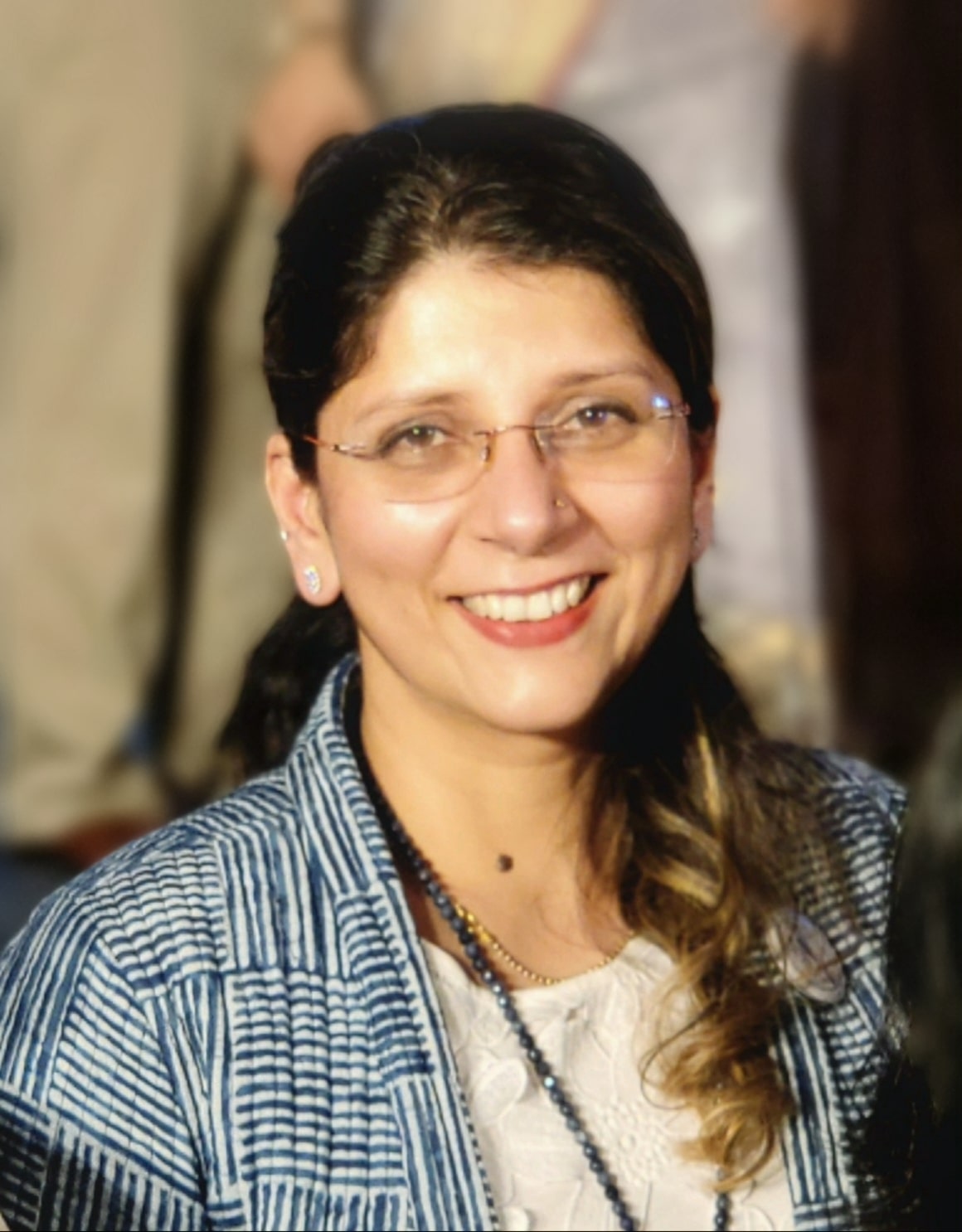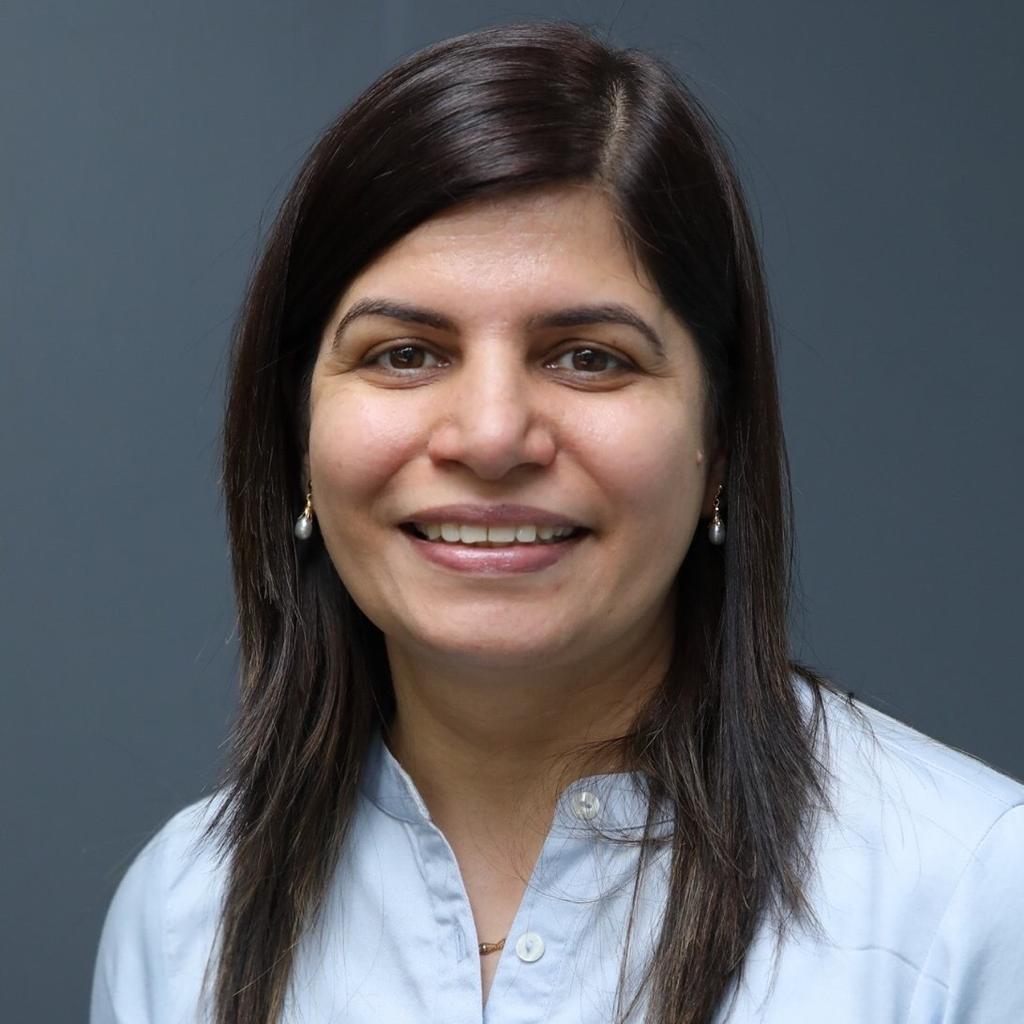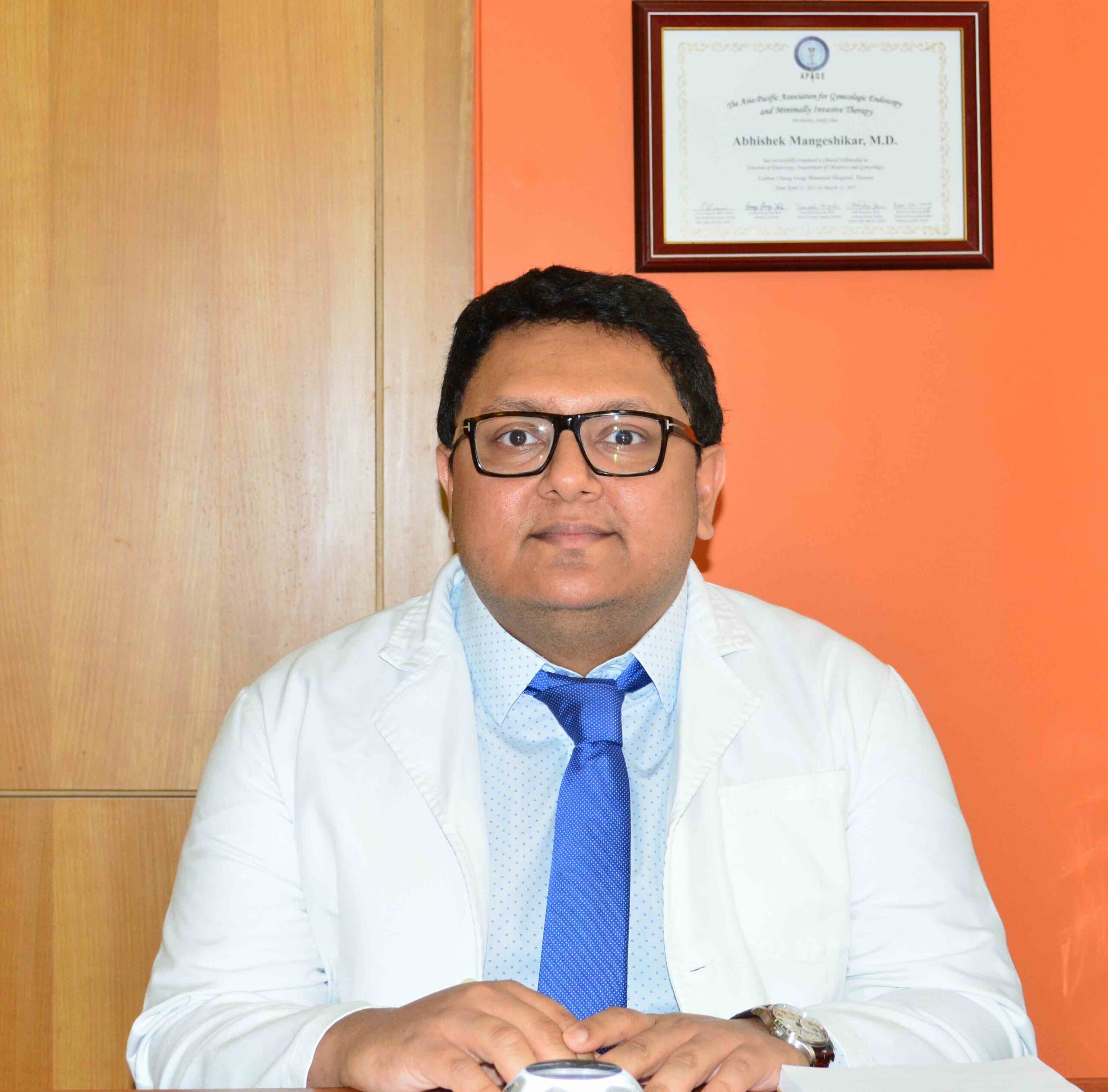
Dr. Anshumala Shukla Kulkarni
Dr. Anshumala Shukla Kulkarni
Anshumala Shukla Kulkarni – Gynecology & Minimal Invasive Surgery, Endometriosis Specialist.
Summary: Dr Anshumala Shukla Kulkarni is a compassionate endometriosis specialist based in Mumbai, Maharashtra, with expertise in gynecology and minimally invasive surgery. Her approach to treating endometriosis is rooted in understanding the complexities of immune dysregulation and coelomic metaplasia, which play key roles in the development of the condition. Anshumala Shukla offers a variety of treatment options tailored to each patient’s needs, including low-dose oral contraceptive pills to reduce the risk of recurrence after surgery and progesterone therapy for patients who are not ready for surgery or have minimal symptoms.
When addressing persistent pain after surgery, Dr Kulkarni takes a thorough, patient-centered approach. She recommends re-evaluating imaging to rule out other causes of symptoms and revisiting surgery if there is no improvement with medical management. Dr Anshumala Shukla focuses on providing comprehensive care to enhance her patients’ well-being and quality of life.
City: Mumbai, Maharashtra
Philosophy: Immune dysregulation, coelomic metaplasia
Medication: Low-dose oral contraceptive pills for post-operative long-term reduction of recurrence, progesterone for post-operative or those not willing to undergo surgery, young patients with minimal symptoms
Approach to Persistent Pain After Surgery: Relook imaging, rule out other causes for symptoms, relook surgery if no response to medical management.

Dr. Vimee Bindra
Vimee Bindra, M.D.
Dr Vimee Bindra – Endometriosis Specialist, Minimally Invasive Gynecologic Surgeon
Summary: Dr Vimee Bindra, an experienced endometriosis specialist and minimally invasive gynecologic surgeon based in Hyderabad, Telangana, India, is dedicated to providing holistic care for patients with endometriosis. With a deep belief in the Mulleriosis theory, Dr Vimee Bindra emphasizes excision surgery as the primary treatment for endometriosis. Post-operatively, he tailors care with progestin-based therapies, hormonal contraceptives, and Mirena IUD, depending on each patient’s age, diagnosis, and fertility needs. Dr Vimee Bindra’s approach to persistent pain after surgery involves thorough follow-ups, anti-inflammatory diets, and pelvic physiotherapy. In cases of unresolved pain, he works with pain specialists, exploring additional treatment options such as nerve blocks. His practice focuses on comprehensive care to reduce recurrence and ensure long-term health for his patients. For those seeking a Dr Vimee Bindra appointment, her expertise in excision and personalized care provides hope for those battling endometriosis.
City: Hyderabad, Telangana, India
Philosophy: Theory of Mulleriosis as proposed by Dr. David Redwine. The disease cells are laid down during the development of the Mullerian system and are triggered by various factors in the aging process and due to abnormal differentiation of the Mullerian duct system.
Medication: Endometriosis is a whole-body disease and there is no cure to date and excision is the first-line treatment or akin to cure for endometriosis. Our approach to endometriosis is holistic and the patient is involved in decision making.
As medical therapy does not work for endometriosis we don’t recommend it pre-operatively but post-operatively we rely on progestin-based therapies specially dienogest or hormonal contraceptives and Mirena IUD for adenomyosis. The medical therapy post-operatively is tailored to the patient’s age, diagnosis (endometriosis and adenomyosis and associated pathologies like fibroids and PCOS), needs, desire for fertility, and if the patient is scheduled for assisted reproduction treatment (patients undergoing IVF) if any.
Pain mediations and narcotics as and when patients need them.
Approach to Persistent Pain After Surgery: Our patients are followed up at 3, 6, 9, and 12 months post-operatively for all pain generators or until they are doing well. All our post-operative patients are started on an anti-inflammatory diet and pelvic physiotherapy.
There can be several pain generators other than endometriosis we need to look for them with the help of a pain specialist and sometimes patients may need nerve blocks or local blocks for pain.
Evaluation for residual disease or recurrence, if operated outside its difficult to differentiate between recurrence and residual disease but in our post-operative patients we do that, and chances of repeat laparoscopy are less than 10 % in our practice.
All post-operative patients are routinely advised anti-inflammatory diet and pelvic physiotherapy.
Medical therapy specially progestogen-based therapies.

Dr. Abhishek Mangeshikar
Abhishek Mangeshikar, M.D.
Abhishek Mangeshikar – Endometriosis Specialist, Minimally Invasive Gynecologic Surgeon
Summary: Dr Abhishek Mangeshikar is a trusted endometriosis specialist and minimally invasive gynecologic surgeon based in Mumbai, Maharashtra, India. Dr Mangeshikar’s approach combines the Mulleriosis and genetic-epigenetic theories, focusing on how abnormal cells formed during embryonic development become activated later in life. His treatment plans include postoperative use of oral contraceptive pills, Dienogest, or Mirena IUDs, especially for adenomyosis, alongside personalized pain management with medications like Gabapentin and NSAIDs. Dr Abhishek Mangeshikar emphasizes long-term patient care, with regular follow-ups to monitor pain, fertility, and overall quality of life. He incorporates multidisciplinary support, including nutrition and pelvic floor physiotherapy, to aid recovery. With recurrence rates under 10% for deep endometriosis, Dr Mangeshikar’s expert surgical and medical care offers hope for lasting relief and improved well-being. Patients appreciate his compassionate, patient-centered approach that addresses both physical symptoms and emotional health.
City: Mumbai, Maharashtra, India.
Philosophy: A combination of Mulleriosis and the genetic-epigenetic theory. During embryo formation and separation of the Mullerian system, abnormal cells are laid down, which during certain “epigenetic” events, like hormonal changes at menarche, trigger activation of these abnormal cells.
Medication: Postoperatively: 3-6 months of OC pills or Dienogest, Mirena (LNG IUD) in cases of adenomyosis.
Tailored pain regimens for patients with chronic pain managed by our pain specialist, usually with Gabapentin, Lyrica, NSAIDs, or Narcotics
In case a patient has to wait for surgery, we may preoperatively suggest OC pills or Dienogest.
Approach to Persistent Pain: Patients are routinely followed up at 6 months, 12 months, and yearly after that with quality of life questionnaires regarding pain scores, fertility outcomes, gastrointestinal complaints, etc. Chronic pain caused by a certain degree of central sensitization is managed by our pain specialist. Nutrition and pelvic floor physiotherapy form an important part of the recovery process. Recurrence rates are less than 10 % over 5 years for deep endometriosis lesions, for endometriomas, less than 20%. These cases would require another surgical intervention.

